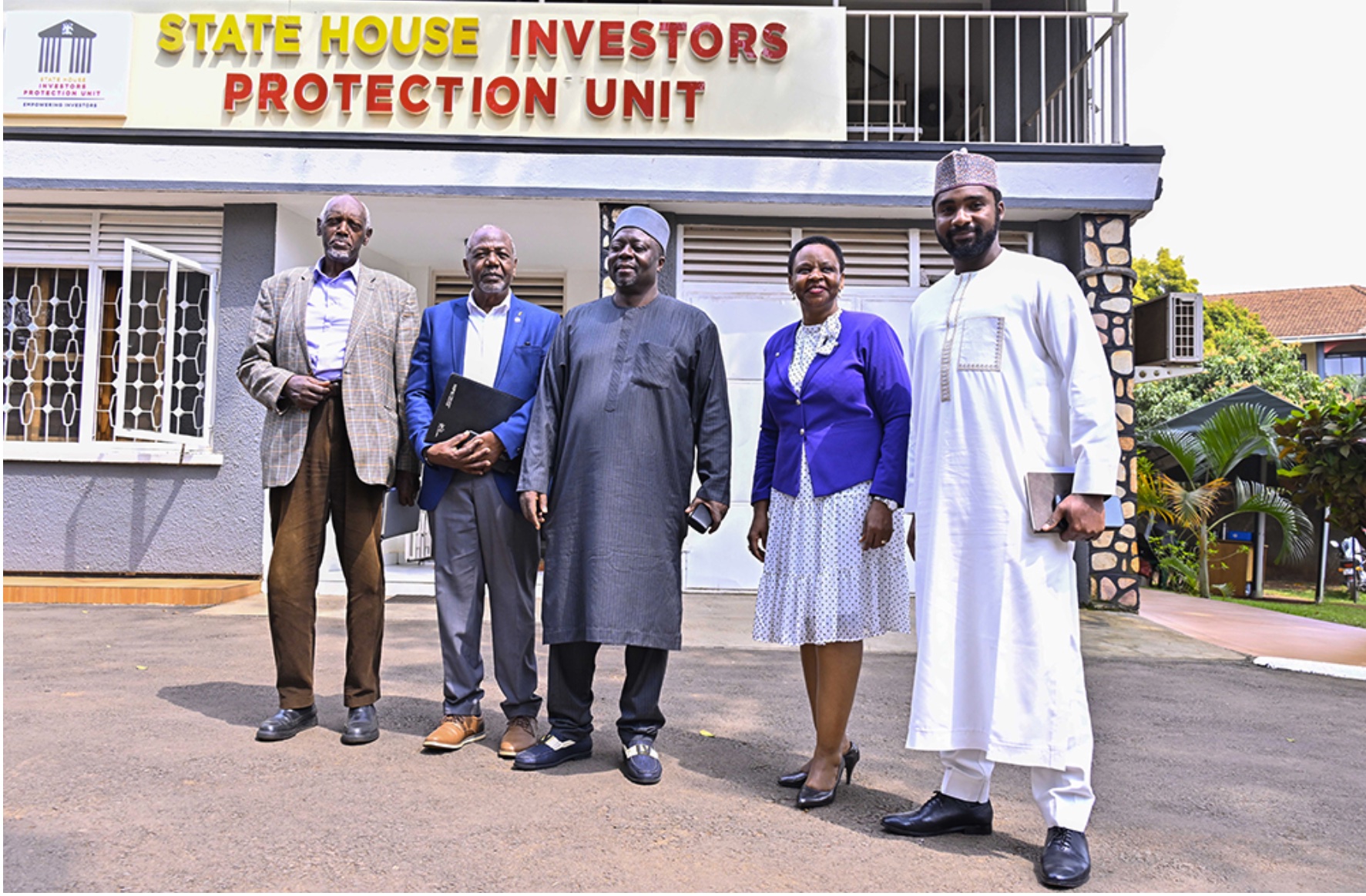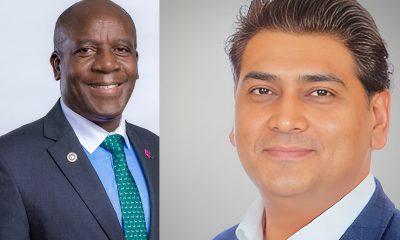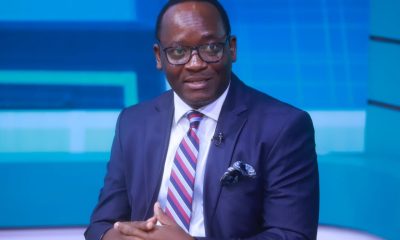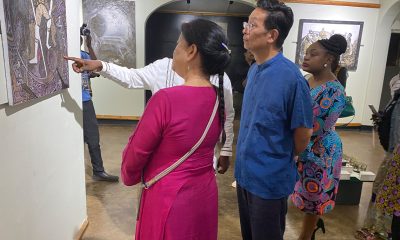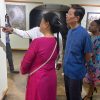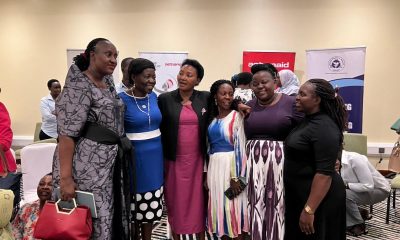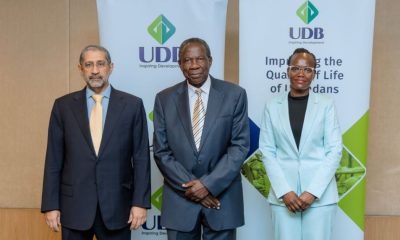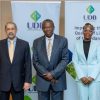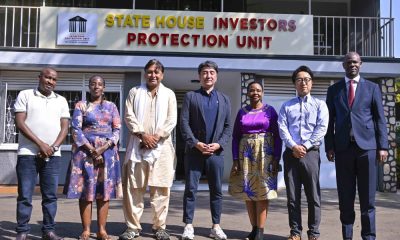Economy
Uganda, Nigeria Deepen Investor Protection Ties as Col Nakalema Hosts High Commissioner Shaga
The Head of the State House Investors Protection Unit (SHIPU), Col Edith Nakalema, has reaffirmed Uganda’s commitment to fostering a secure and transparent investment climate during a high-level meeting with the Nigerian High Commissioner to Uganda, H.E. John Shama Shaga.
The meeting, held at SHIPU headquarters in Kampala on August 4, 2025, focused on strengthening bilateral cooperation, enhancing investor protection, and eliminating obstacles faced by Nigerian investors operating in Uganda.
Col Nakalema noted that SHIPU, established by President Yoweri Museveni, was specifically created to support individuals and organisations contributing to Uganda’s economic transformation.
“President Museveni remains ever committed to fighting for national development. He established this unit to ensure that everyone adding value to Uganda is supported and protected,” she said, adding that SHIPU bridges investors directly to government agencies—cutting through red tape and eliminating middlemen.
One of the key innovations highlighted was the Electronic Investors Protection Portal, a digital platform launched under the President’s directive. This portal allows both local and foreign investors to engage directly with government entities, report fraud, and access assistance from anywhere in the world.
“We have testimonies from Indian, Chinese, and Rwandan investors who have been helped. It’s a reliable and trusted platform,” Nakalema affirmed.
Nigerian Interest in Uganda’s Gold Industry
Ambassador Shaga praised Uganda’s efforts in streamlining investor services and acknowledged the historic relationship between the two nations—dating back to Pan-African solidarity during the anti-colonial struggle.
“The trade relationship between our two countries has always been strong. From the fight against colonialism, Nigeria and Uganda have stood together,” he said.
He expressed growing Nigerian interest in Uganda’s gold refining industry, but also raised concern over fraudulent dealings. He recounted a recent case in which a Nigerian investor lost $1 million to fraudsters in Kampala.
“My former president, Olusegun Obasanjo, was in Kampala. During his visit, a Nigerian investor came to me and complained that he had been defrauded of $1 million,” he said.
In response, Col Nakalema expressed regret over the incident and assured the High Commissioner that the Ugandan government was actively investigating the matter.
“This scandal should not discourage other Nigerian investors. Investigations are ongoing, and we are following up with the Criminal Investigations Directorate and other relevant agencies,” she said, reiterating President Museveni’s zero-tolerance stance on fraud and corruption in the investment sector.
Rising Investor Confidence in Uganda
Nakalema said that thanks to reforms and the anti-corruption drive, Uganda has witnessed a significant increase in investor confidence.
“Over 3,000 investors—more than 2,000 of them foreign—have accessed services through our portal,” she revealed, noting that one of the most notable investments was a foreign investor committing nearly $30 million into properties in central Kampala.
She also cited international recognitions that reaffirm Uganda’s status as a top investment destination. For two consecutive years—2023 and 2024—Uganda was named Africa’s Best Investment Destination by the Annual Investment Meeting in the UAE. Additionally, the Oxford School of Economics (2024) ranked Uganda as the most rewarding and profitable economy worldwide for investors.
“Over $46 billion has flowed into Uganda through new and expanding investments, creating over 1.2 million jobs in just two years,” Nakalema said.
Currently, 28 Nigerian companies are actively operating in Uganda, contributing an estimated $1.6 million annually in Foreign Direct Investment.
Ambassador Shaga commended Uganda’s efforts to protect and empower investors and pointed to existing bilateral agreements—including the Investment Protection and Promotion Agreement and the Economic Cooperation Agreement—as solid frameworks for deeper collaboration. He also cited the recent Nigeria-Uganda Trade Dialogue, organised in partnership with Uganda’s Presidential Advisory Committee on Export and Investment Development (PACED), as a step toward strategic alignment under the African Continental Free Trade Area (AfCFTA).
“With ‘protection’ in the name, your organisation sends a strong message. Mechanisms are clearly being put in place to safeguard investors,” Shaga said, hailing SHIPU as a model for other African nations seeking to attract and retain credible investment.
Comments



